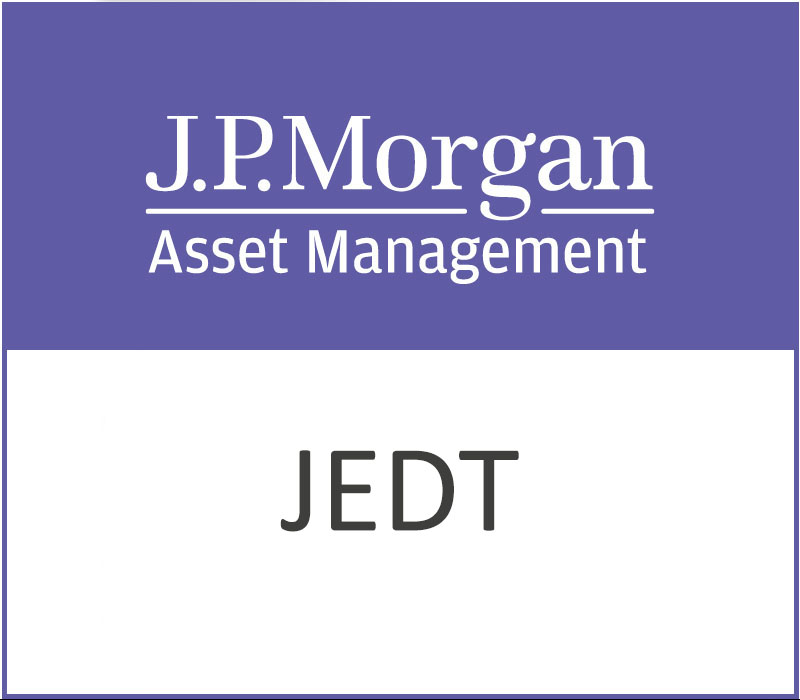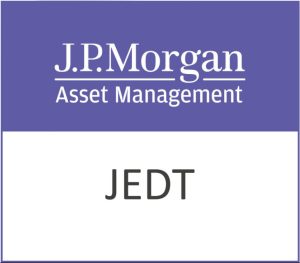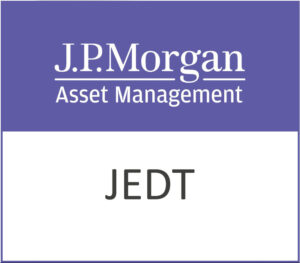European stocks saw gains on Thursday, driven by strong performances in technology and resources sectors as investors anticipated key policy decisions from major central banks, including the Federal Reserve and the Bank of England (BoE). The pan-European STOXX 600 index rose 0.5%, with the basic resources index benefiting from a rebound in base metal prices. ArcelorMittal shares increased nearly 5% after the company posted a third-quarter profit that exceeded market expectations.
The Eurozone banking sector was also buoyant, with a 1.1% increase. Italy’s Banco BPM surged almost 10% after announcing its intention to acquire full control of Anima Holding in a deal valued at up to 1.6 billion euros, which also lifted Anima’s shares by 9.3%. The tech sector recovered, climbing 1.5% after recent losses, while the automotive sector also saw a 1.8% increase following a significant drop on Wednesday.
Europe’s stock market has been volatile, tracking movements on Wall Street, where the index had surged in response to Donald Trump’s re-election, despite later concerns about potential tariffs. BNP Paribas’ Benedicte Lowe noted a contrasting scenario for Europe, where stocks could still see gains, though at a lower momentum compared to U.S. stocks.
Meanwhile, Dutch fintech firm Adyen saw a 7.8% drop due to lower-than-expected quarterly transaction volumes. British broadcaster ITV also fell 7.8% after reporting an 8% decline in nine-month revenue. Daimler Truck, on the other hand, gained 4.7% after delivering a better-than-expected third-quarter profit report.
Germany is now facing a period of political instability, with Chancellor Olaf Scholz dismissing his finance minister, leading to a potential snap election. Despite the political upheaval, Germany’s main stock index rose by 1.3%, following a prior decline. Lowe from BNP Paribas commented on the German stock market’s resilience due to its increased tech focus, which has made it less reliant on domestic economic conditions.
In terms of rate decisions, the BoE is anticipated to lower interest rates, marking only the second cut since 2020. Sweden’s central bank reduced its key interest rate to 2.75%, while Norway held its rate steady at 4.5%, the highest level in sixteen years.
JPMorgan European Discovery Trust plc (LON:JEDT) is an investment trust company. The Investment Trust JEDT objective is to achieve capital growth from a portfolio of quoted smaller companies in Europe, excluding the United Kingdom.



